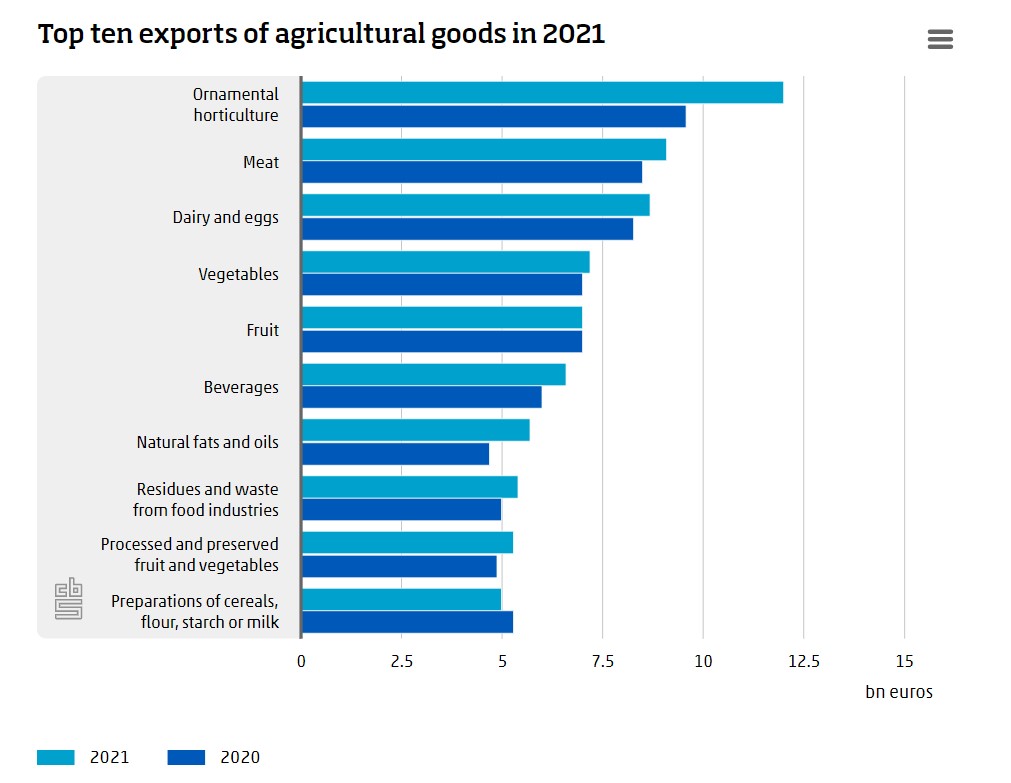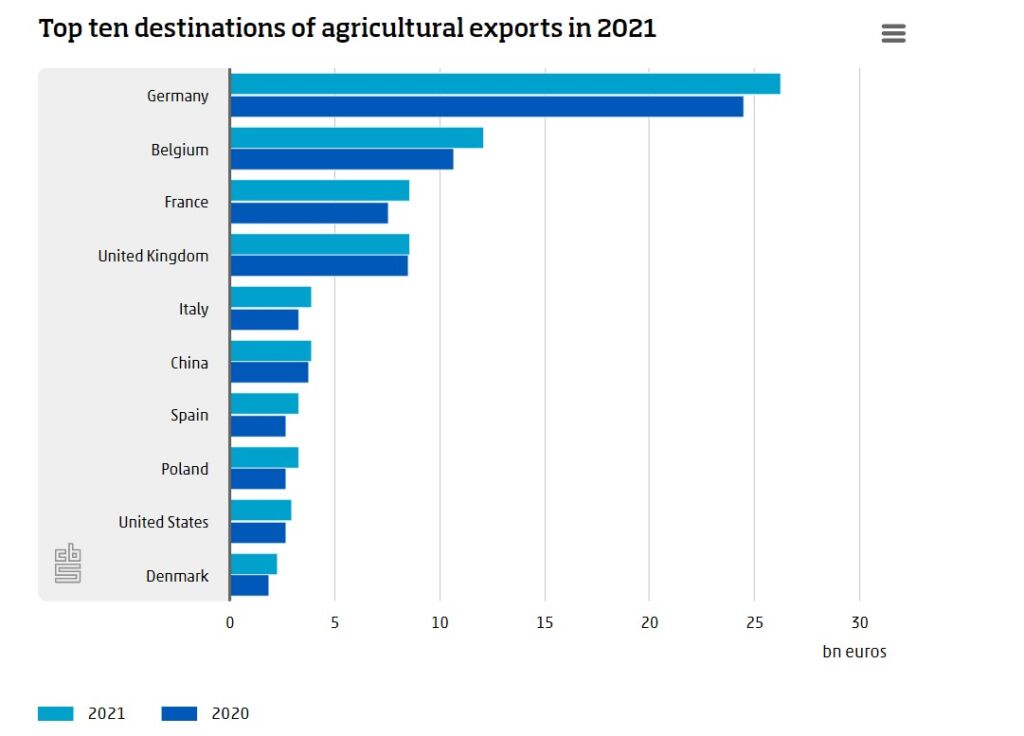The war on agriculture: Netherlands is shutting down 3,000 farms to meet climate goals
The government in the Netherlands is planning to conduct forced buyouts of 3,000 Dutch farms with the intention of closing them down to cut nitrogen emissions in half to meet the country’s climate goals. As many as 11,200 farms will have to close, and another 17,600 farmers will have to significantly downsize their livestock operations to meet these draconian targets.
The plan could not come at a worse time because grocery prices are skyrocketing, and world leaders are warning about an oncoming food crisis caused by supply disruptions caused by the war in Ukraine and rising input costs resulting from the energy crisis.
In fact, the United Nations notes that the number of people affected by hunger has “more than doubled in the past three years, and almost one million people are living in famine conditions, with starvation and death a daily reality.”
Shutting down Dutch farms will make matters substantially worse because the Netherlands is the second-largest agricultural exporter, by value, in the world, with the USA being number one.
These farms help supply the rest of Europe with ornamental horticulture, which means flowers, meat, dairy and eggs, vegetables, and several other vital products that you can see in the graph below, which was produced by the Dutch government.

Germany, Belgium, France, and the United Kingdom are the largest importers of Dutch agricultural goods. If these nations do not import these goods from the Netherlands, they will import them from somewhere else.

Rising demand for exports and a reduction in the global supply of commodities due to the farm closures will put upward pressure on food prices. In the developed world, this means higher rates of food inflation, which are already straining family budgets. In the developing world, it could mean shortages and political instability.
This war on agriculture is being driven by comfortable bureaucrats in Brussels that have probably never missed a meal in their lifetimes, and their short-sighted focus on reducing emissions is creating problems that are much worse than the problem they are trying to solve.
When it comes to emissions from the agricultural sector, it is vitally important to remember that the emissions are indisputably worth it because it means fewer people go hungry. Artificially constricting food production through forced farm buyouts will have the same impact as artificially restricting American oil and natural gas production: higher prices that will harm low-income families the most.
We need more energy and more food, not artificially imposed limits to growth.